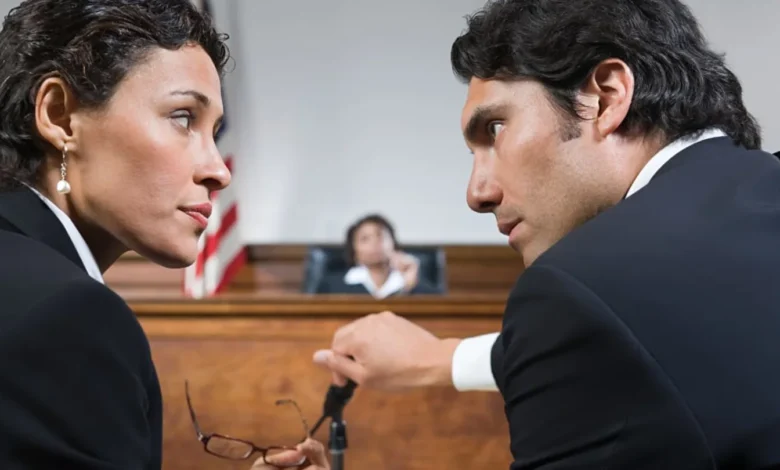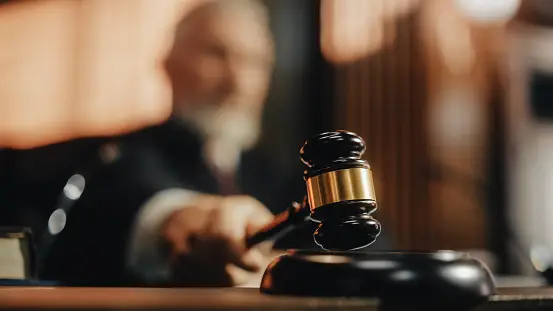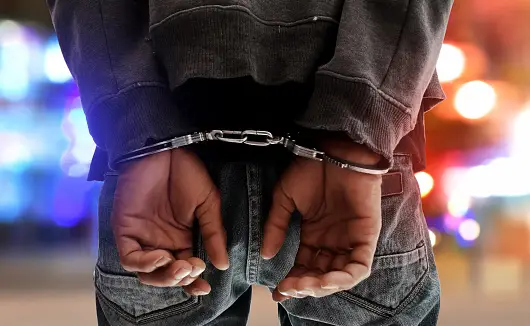Understanding the Basics of Criminal Defense In 2023

Basics of Criminal Defense ? Criminal defense is a vital aspect of the legal system that plays a crucial role in safeguarding the rights of individuals accused of committing crimes. In 2023, it is important to have a comprehensive understanding of the basics of criminal defense to navigate through the complexities of the legal landscape.
Introduction
The field of criminal defense encompasses the legal representation provided to individuals who are accused of committing criminal offenses. It aims to protect the rights of the accused and ensure a fair trial by challenging the prosecution’s case and providing a strong defense strategy.
The Importance of Criminal Defense
Criminal defense is crucial in upholding the principles of justice and protecting individuals from wrongful convictions. It serves as a vital check on the power of the state, ensuring that the accused are treated fairly and given the opportunity to defend themselves against the charges brought upon them.
Presumption of Innocence
One of the foundational principles of criminal defense is the presumption of innocence. In the eyes of the law, every accused individual is considered innocent until proven guilty. This principle places the burden of proof on the prosecution to establish the guilt of the accused beyond a reasonable doubt.
The Role of Defense Attorneys
Defense attorneys play a pivotal role in the criminal defense process. They are legal professionals who provide expert guidance, counsel, and representation to individuals accused of crimes. Defense attorneys analyze the evidence, build a defense strategy, and advocate for their clients’ rights throughout the legal proceedings.
Legal Rights of the Accused
When facing criminal charges, the accused have specific legal rights that protect them from unfair treatment and ensure a fair trial. These rights include the right to remain silent, the right to legal representation, the right to confront witnesses, and the right to a speedy and public trial.
Read More:The Evolution of Family Law: Adapting to Modern Challenges
Types of Criminal Defenses

Various types of criminal defenses exist to challenge the prosecution’s case and establish the innocence or mitigate the culpability of the accused. Some common defenses include:
Alibi Defense
An alibi defense involves proving that the accused was not present at the scene of the crime during the time it was committed.
Self-Defense
Self-defense is a defense strategy employed when the accused claims that their actions were necessary to protect themselves from harm.
Insanity Defense
The insanity defense asserts that the accused should not be held criminally responsible for their actions due to a mental illness or defect.
Duress and Necessity Defense
This defense argues that the accused committed the crime under extreme duress or out of necessity to prevent greater harm.
Consent Defense
The consent defense asserts that the alleged victim willingly participated in the act in question.
Mistake of Fact Defense
A mistake of fact defense involves proving that the accused had a genuine and reasonable belief in a mistaken set of facts.
Entrapment Defense
The entrapment defense argues that the accused was induced or coerced by law enforcement to commit a crime they would not have otherwise committed.
The Criminal Defense Process

The criminal defense process involves several stages that the accused must navigate. These stages include:
Read More: s5 Best Ways to Make an Unsecured Promissory Note
Arrest and Booking
The arrest and booking stage occur when law enforcement detains the individual suspected of committing a crime and processes them into the criminal justice system.
Initial Appearance and Bail
During the initial appearance, the accused is informed of the charges against them, and bail may be set to secure their temporary release pending trial.
Preliminary Hearing
At the preliminary hearing, the prosecution presents evidence to establish probable cause, and the defense has the opportunity to challenge the sufficiency of the evidence.
Plea Bargaining
Plea bargaining involves negotiations between the defense and prosecution to reach a mutually acceptable agreement, potentially resulting in reduced charges or penalties.
Trial
If the case proceeds to trial, both the defense and prosecution present their cases before a judge or jury, who will determine the guilt or innocence of the accused.
Sentencing
In the event of a conviction, the sentencing phase determines the appropriate punishment for the crime committed.
Appeal
If the accused believes there were errors or misconduct during the trial, they can appeal the decision to a higher court.
Building a Strong Defense Strategy

To establish a robust defense strategy, defense attorneys employ various tactics and techniques. These include:
Gathering Evidence
Thoroughly collecting and analyzing evidence related to the case is essential to challenge the prosecution’s case and establish reasonable doubt.
Interviewing Witnesses
Interviewing witnesses allows the defense to gather testimonies that support the accused’s version of events or cast doubt on the prosecution’s case.
Expert Testimony
Expert witnesses can provide specialized knowledge and opinions that help explain complex legal or scientific concepts to the judge or jury.
Cross-Examination
Cross-examination of the prosecution’s witnesses allows the defense to challenge their credibility and poke holes in their testimony.
Developing Alternative Theories
The defense may construct alternative theories of the crime that cast doubt on the accused’s guilt or highlight other potential suspects.
The Future of Criminal Defense
As technology advances and societal norms evolve, the field of criminal defense will continue to adapt. New challenges may arise in areas such as digital evidence, cybercrimes, and emerging legal frameworks.
Conclusion
Understanding the basics of criminal defense is essential for individuals navigating the legal system in 2023. By comprehending the principles, processes, and strategies involved in criminal defense, individuals can make informed decisions and effectively protect their rights when facing criminal charges.
FAQs
Q1. How long does the criminal defense process typically take?
The duration of the criminal defense process can vary widely depending on the complexity of the case, the court’s schedule, and other factors. Some cases may be resolved quickly through plea bargaining, while others may go through lengthy trials and appeals, lasting several months or even years.
Q2. Can I change my defense strategy during the trial?
Yes, it is possible to modify the defense strategy during the trial based on new evidence, witness testimonies, or other developments. Defense attorneys assess the situation and make strategic decisions to adapt to the evolving circumstances.
Q3. Are there any alternatives to going to trial?
Yes, there are alternatives to going to trial, such as plea bargaining or alternative dispute resolution methods like mediation or arbitration. These options provide opportunities for negotiation and potentially result in reduced charges or penalties.
Q4. How can I find a competent defense attorney?
Finding a competent defense attorney involves conducting thorough research, seeking recommendations from trusted sources, and evaluating their experience, track record, and expertise in criminal defense cases.
Q5. What should I do if I believe my rights have been violated during the criminal defense process?
If you believe your rights have been violated during the criminal defense process, it is important to consult with a legal professional immediately. They can assess the situation, advise you on the appropriate course of action, and help protect your rights.











